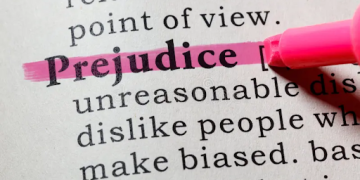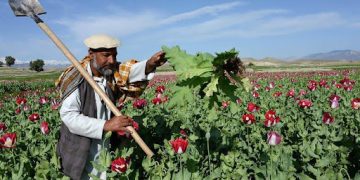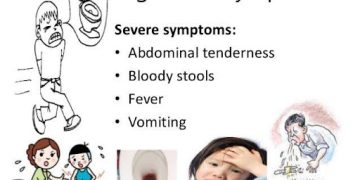Biopiracy is the illegal appropriation of indigenous plants and animals and their traditional knowledge by commercial interests. It is a form of scientific colonialism that exploits the natural resources of developing countries for the benefit of developed countries.
Highlights:
- Biopiracy is the unethical and illegal use of living organisms in science without the descendants’ permission.
- Biopiracy can be seen in various contexts, including medical research, natural resource extraction, genetic engineering and patents, cultural identity, and intellectual property.
- The most fundamental way to combat biopiracy is through community self-determination – local communities should be allowed to define what they need and decide how they want their natural resources distributed.
- Steps taken to combat biopiracy include creating legislation such as the Convention on Biological Diversity, stressing that indigenous people have rights to their own cultures and knowledge.
-
As we continue to explore the world around us, we come across new and unique species of flora and fauna. These discoveries are frequently made by scientists who travel to remote areas to collect specimens. However, some nations are not content with simply observing these new species – they want to claim and patent them as their own. This is known as biopiracy, a form of scientific colonialism that can be destructive to the environment and the indigenous people (Merson, 2000).










Discussion about this post